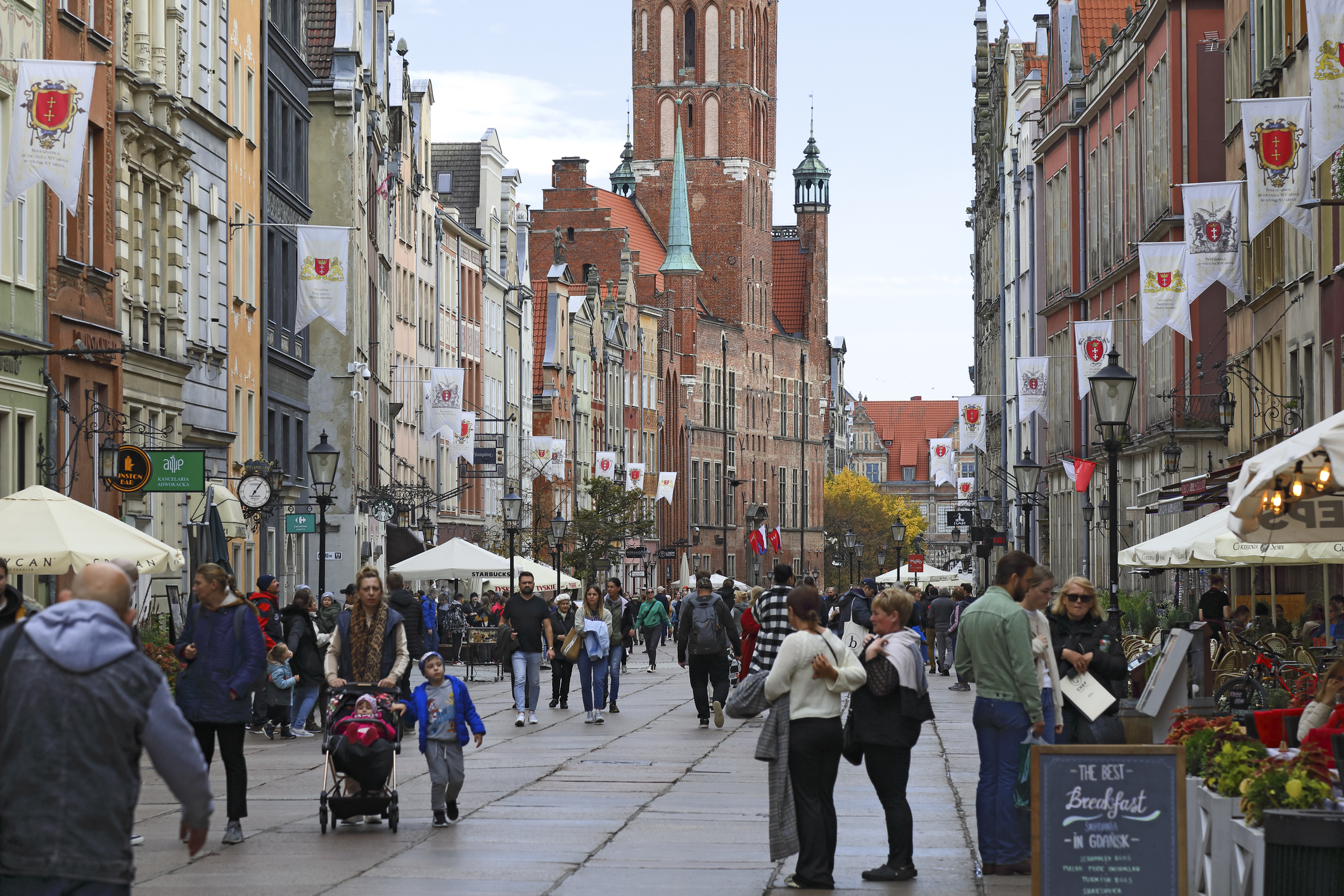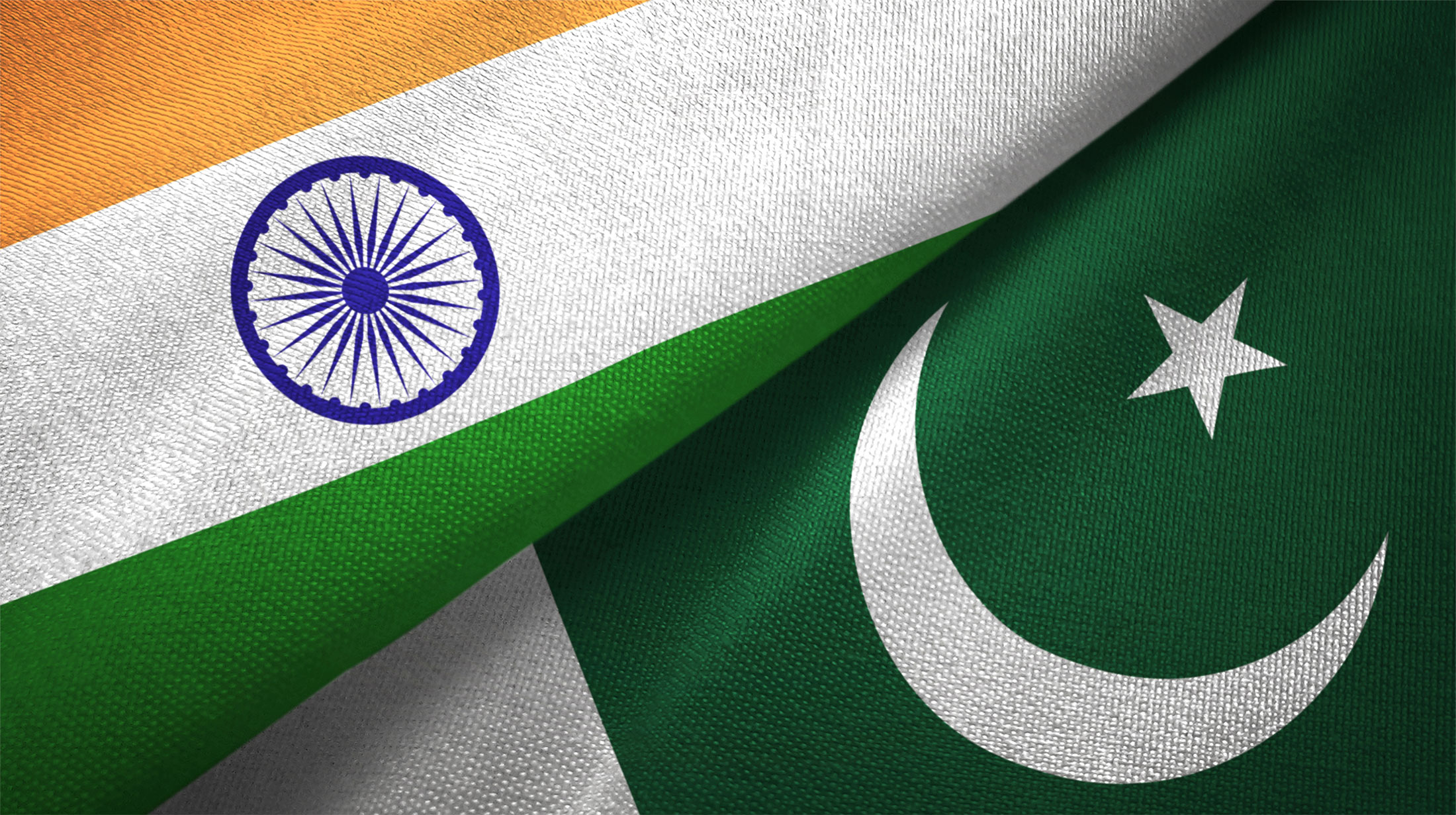WHITHER IRAN?
Over the next few months, Iran’s political scene will be closely watched following the death on May 20 of the country’s president, Ebrahim Raisi. In accordance with constitutional provisions, elections for a new president are scheduled for June 28 – an exceedingly short electoral window by any measure. While several prominent candidates threw their hats into the ring, the ultra-conservative Guardian Council, which decides who will be allowed to run, vetoed several potentially serious contenders, including former president Mahmoud Ahmedinijad, as well as former parliamentary speaker, Ali Larijani, whose candidacy was viewed with trepidation by the establishment. Five conservatives, led by the favorite (but former three-time loser), Mohammed Baqer Qalibaf, and nuclear talks chief negotiator, Saeed Jalili, will face the one reformist candidate approved by the Council – popular parliamentarian Masoud Pezeshkian.
Comment: Iran’s presidential problem is compounded by the fact that the country, while on an improving trajectory as a power of regional, if not global, consequence, at the same time is grappling with a legitimacy crisis that has resulted in its public becoming increasingly disenchanted with the top echelons of power. The Reformist candidate, Pezeshkian, will be helped in the first round by his ability to mobilize heretofore disenchanted voters. He is likely to be in the run-off balloting next month in the likely event no candidate receives 50 percent of the votes because the conservative tally will be divided among the other five candidates.
If there is a run-off, it is hard to imagine the IRGC and others in the establishment permitting a reformer to win, but this outcome might, in fact, reflect the hand of Mojtaba Khamenei, the powerful and secretive son of Supreme Leader Ali Khamenei. To most Iranians, Mojtaba is an enigma. He holds no official position, rarely appears in public, and delivers no speeches. However, with decades-long ties to key figures in Iran’s intelligence and security establishment, the younger Khamenei has grown powerful in the shadows. One Iran observer, based in a think-tank in the Gulf, remarked that Mojtaba, reflecting his aging father’s views, may want to keep the conservatives off-balance and to let the population blow off steam by electing a relatively unseasoned reformer like Pezeshkian, keeping in mind that “reform” in Iranian political terms is a very relative term. Such a result would improve Iran’s image at a time when its international profile is increasing. It would also increase the Supreme Leader’s (and, hence, Mojtaba’s) clout in conservative circles by diminishing many of those who might influence the selection of his eventual successor. End Comment.
FORGOTTEN SUDAN: SOMALIA ON STEROIDS?
Sudan, a country of over 46 million people (twice the size of Syria), has been engulfed in civil war since fighting erupted on April 15, 2023, between the nation’s military, the Sudanese Armed Forces (SAF), and a paramilitary group known as the Rapid Support Forces (RSF). The capital, Khartoum, has been devastated and heavily damaged, as has its larger neighboring city, Omdurman. The violence has worsened an already precarious humanitarian situation, driving the spread of mass-starvation conditions. Meanwhile, neighboring countries have taken in more than one million refugees. Eight million more are displaced internally. Minimally, in addition to a humanitarian disaster on the scale of Gaza, without more efforts to end the conflict, broader destabilization across the African Horn and the Sahel regions is anticipated. Sudan is looking increasingly like Libya or Somalia – except this time on steroids.
Comment: Sudan is rarely mentioned by western media, so “out of sight” becomes “out of mind,” even though over 150,000 people have been killed according to reliable estimates. Efforts to garner support for Sudan are underfunded, with more effort and attention being directed at crises in Ukraine and in Israel/Palestine. Even so, in April 2024, France hosted a humanitarian conference that collected more than $2 billion in pledges of additional international aid, although far too little have been realized or made it into the country.
Our sources in Washington and London tell us that a new effort to bring about negotiations between the SAF and RSF are underway but are running into repeated roadblocks. Both sides are so corrupt that the chances for resolution of their differences range from “poor to non-existent.” Only if outside powers which are intervening in support of one side or the other (or, in some cases, both) join in common cause to force a settlement, can some semblance of peace be restored. This is unlikely and the main reason appears to be Putin’s Russia, once again acting as a spoiler. Intelligence sources tell us that it is in Russia’s interest to continue to sow chaos worldwide in its effort to keep the West off-balance. In Sudan, Russia wants to establish a naval station on the strategically important Red Sea coast in exchange for supplying the SAF with even more weapons than it already has. End Comment.
OUR HAITIAN QUAGMIRE
For most of its history, Haiti’s political situation has been a mess. And this has been especially true since the political turmoil which accompanied the start of the late President Jovenel Moise’s term in office in 2017. His assassination in July 2021 quickly pushed the country into a profound governance crisis. What ultimately ensued was a shaky interim government led by Ariel Henry who was forced from office by an almost complete collapse in civil order by powerful gangs, armed to the teeth by weapons flowing illegally mostly from Florida. Popular frustration with a declining economy, a significant rise in violence, and in effect, the collapse of the Haitian state, had translated into generalized pandemonium by the summer of 2023. By early 2023, competing armed gangs controlled an estimated 80% of Port-au-Prince.
Like many international crises, U.S. indifference has been blamed for Haiti’s plight. This is an unfair assessment — the greed and competition among Haiti’s elites is the greater culprit – but it has only been over the past six months that the U.S. has seemed to have woken up to the quagmire its faces in the current Haitian nightmare. Three developments now hold out some promise for progress in restoring some semblance of order and national life in the country:
First, the Caribbean Community (CARICOM), an association of Caribbean countries, with strong U.S. support, met in Jamaica in April and surprisingly mediated the formation of a transitional “presidential” council of key Haitian personalities which is to rule Haiti provisionally until order is restored and new elections held in 2026.
Second, the efforts by out-going interim Prime Minister Henry to convince Kenya to play a leading role in a Multilateral Military Support (MSS) mission has borne fruit with the arrival of Kenyan police officers to offer their service. And,
Third, for the first time in three months, the Toussaint L’Ouverture International Airport in Haiti was reopened on May 20 with support from the U.S. among others. American Airlines, Spirit, and JetBlue are among the carriers which have reintroduced flights. This factor should greatly ease the shortage of medicine and other basic supplies in Haiti as the country continues to struggle with continuing gang violence.
Comment: The Presidential Council’s first few days were filled with missteps. However, a senior Washington insider tells us that the Biden administration’s attention now appears more focused. This includes an effort to develop practical steps to address Haiti’s most urgent humanitarian, social and economic regeneration needs, attention to its national infrastructure deficiencies, and a workable timetable towards new elections sometime in 2026. This seems to be very much a “best case” scenario. Our source was not able to venture any timetable for disarming the gangs which have become such a prevalent – and malevolent – factor in Haitian society today. The immense security problem facing Haiti trumps all other issues, and our source expressed doubts that the provision of a few hundred trained Kenyan police officers will suffice even as a short-term solution. End Comment.
CLIMATE CHANGE: NEW SEA LEVEL THREAT?
Ocean water is rushing miles underneath Antarctica’s “Doomsday Glacier,” new research shows, meaning global sea level rise projections could be significantly underestimated. The Thwaites Glacier, which already contributes 4% to global sea level rise, holds enough ice to raise sea levels by more than 2 feet. But because it also acts as a natural dam to the surrounding ice in West Antarctica, scientists have estimated that its complete collapse could ultimately lead to around 10 feet of sea level rise — a true catastrophe for the world’s coastal communities. New data helped to create an X-ray of the glacier and will hopefully help improve the accuracy of this latest, forecasted timeline.
Comment: Climate change negotiations – and, indeed, public perceptions about the dangers to our climate associated with these changes – are influenced greatly by pronouncements made by the climatologists and other scientists associated with the Intergovernmental Panel on Climate Change which has issued a series of ever more detailed reports about the impacts of climate change since the first one in the late 1980s which led to the 1990 UN Framework Convention on Climate Change.
Some of the least understood features of the climate puzzle are those related to water, including the impacts of increasing temperature, changes in key current systems (such as the Gulf Stream or the Barents Current), or the impact of melting ice in the North Pole, Greenland, and Antarctica. What is increasingly clear – and frightening – is the inordinate and seemingly rapid increase in ocean water temperatures, including in the Gulf of Mexica and in parts of the great oceans. The implications for increased and stronger hurricanes must give most sane individuals pause. Sea level rise and alterations in sea currents have yet to cause real concern. However, if this latest research about the Doomsday Glacier is accurate, this attitude should change. The massive ice shield covering Greenland is also at risk from a similar phenomenon. Coastal property owners, take note! End Comment.
INCREASING CYBERSECURITY THREAT TO UTILITY NETWORKS
On May 20, the Environmental Protection Agency (EPA) warned that about 70% of utilities inspected by federal officials in the past year violated standards meant to prevent cyber threats, according to this assessment. Many water systems are falling short through basic administrative shortcomings, including the failure to change default passwords or to cut off system access to former employees. Because water utilities often rely on computer software to operate treatment plants and distribution systems, protecting information technology and process controls is crucial. To date, cyberattacks have included interruptions to water treatment and storage systems with some intermittent damage to pumps and valves. Equally dangerous would be the possible alteration of chemical levels to hazardous amounts, although this has not been experienced, yet. Utilities were advised to improve their standards immediately.
Comment: Our correspondent recently attended an off-the-record panel hosted by Microsoft in Seattle on this topic where an even more urgent warning was sounded. A knowledgeable US Government representative reported serious and growing concerns about recorded efforts by Russia, China, the PRK and even Iran using highly sophisticated CIMs (small wireless components that collect data and connect to the internet) trying and sometimes succeeding in inserting these devices into our electrical and water systems and grids, giving them the very real potential to disrupt service or render these systems inoperable for an indeterminate length of time in some future security emergency. CIMs are already in use in smart phones, smart TVs and in other home devices. China currently has a lead in CIM development, and its powerful Ministry of State Security has been accused of planting cyber devices in sensitive locations in both the U.S. and the UK. We cannot be more specific but use your imagination and you probably won’t be far off from discerning the stunning nature of the threat we are currently facing. End Comment.




